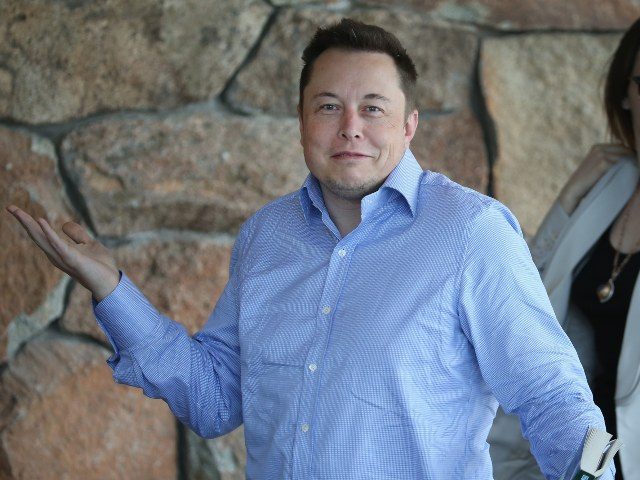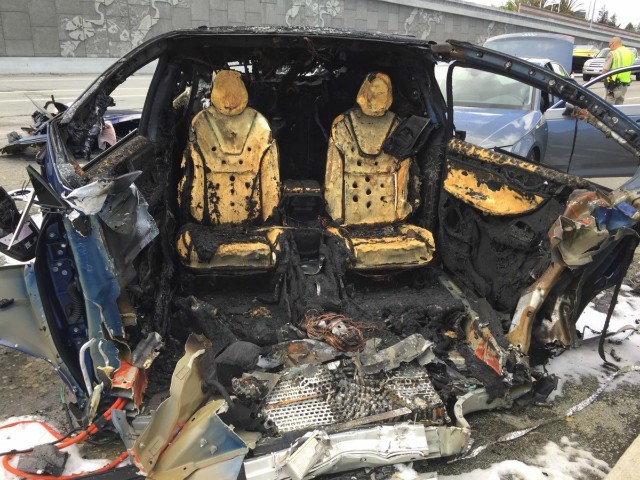The Dawn Project, a safety advocacy group critical of Tesla, ran a 30-second commercial during the Super Bowl criticizing Elon Musk’s “Full Self-Driving” autopilot feature. According to the group, Tesla’s “deceptive marketing” and “woefully inept engineering” is endangering the public.
TechCrunch reports that Tesla’s Full Self-Driving (FSD) system is under fire from the Dawn Project, a group that promotes safety. The organization recently ran a 30-second Super Bowl commercial highlighting several serious safety flaws in Elon Musk’s advanced driver assistance system (ADAS). FSD, despite its name, does not actually allow for fully autonomous driving, so drivers must always be ready to take control in the event of a malfunction or system failure.
Recent criticism has rekindled concerns about the safety of the system as Tesla has just made its most recent iteration of FSD available to about 400,000 drivers in North America. Tesla has come under fire for misrepresenting the capabilities of its lower-level automated driving system, Autopilot, and there have been reports of accidents while it was activated. The advertisement shows clips of Teslas acting erratically and claims that FSD will do things like hit a baby in a stroller, run over a child in a school crosswalk, disobey stop signs, drive on the wrong side of the road, and more.
The Dawn Project argues that Tesla’s “deceptive marketing” and “woefully inept engineering” is endangering the public. The group has called on the National Highway Traffic Safety Administration (NHTSA) and the Department of Motor Vehicles (DMV) to turn off FSD until all safety defects are fixed. Dan O’Dowd, the founder of the organization, also serves as the CEO of Green Hill Software, which develops operating systems for embedded security and safety systems as well as its own automated driving systems.
The New York Times published a full-page advertisement from The Dawn Project last year asserting that Tesla’s FSD suffers a “critical malfunction every eight minutes.” Tesla sent a cease-and-desist letter disputing all claims and questioning the organization’s methodology after the group aired a commercial showing a Tesla Model 3 striking four kid-sized mannequins last summer. Supporters of Tesla rushed to defend the technology, including an investor who tested the FSD beta with his own child. O’Dowd contends that Tesla still gives features and promotional ploys precedence over fixing serious safety flaws.
Tesla lawyer Dinna Eskin said in the cease-and-desist letter to The Dawn Project: “The purported tests misuse and misrepresent the capabilities of Tesla’s technology, and disregard widely recognized testing performed by independent agencies as well as the experiences shared by our customers. In fact, unsolicited scrutiny of the methodology behind The Dawn Project’s tests has already (and within hours of you publicly making defamatory allegations) shown that the testing is seriously deceptive and likely fraudulent.”
O’Dowd offered to run the test with Musk and other critics in person to prove the accuracy and methodology of the test. “Tesla continues to focus on features and marketing gimmicks, not fixing critical safety defects,” said O’Dowd in a statement.
He added: “Elon even stated that Tesla’s priorities were Smart Summon, Autopark and Optimus, not making sure that FSD will not run down children. It is clear that the priorities at Tesla are wrong, and it is time for the regulator to step in and switch the software off until all of the issues we have identified are fixed.”
The Dawn Project is also running additional TV advertisements in Washington, D.C., where regulators are located, in addition to the Super Bowl commercial, calling for FSD to be disabled until serious safety flaws are fixed. Elon Musk responded to a tweet containing the Super Bowl ad with a laughing emoji.
Read more at TechCrunch here.
Lucas Nolan is a reporter for Breitbart News covering issues of free speech and online censorship. Follow him on Twitter @LucasNolan


COMMENTS
Please let us know if you're having issues with commenting.